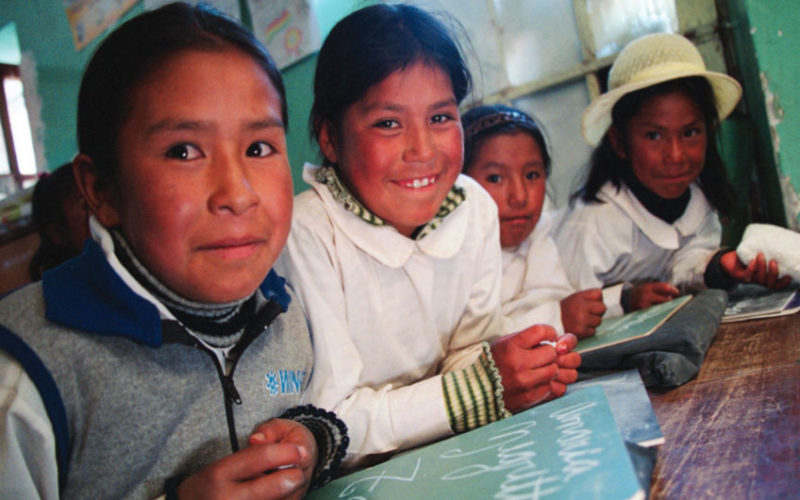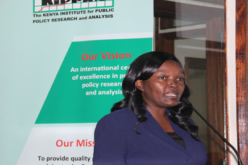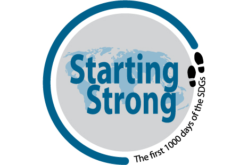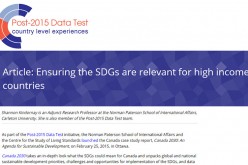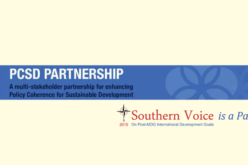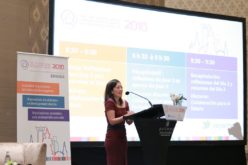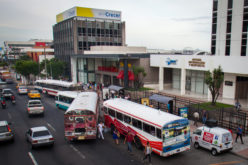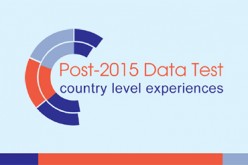Six research projects were chosen for the first “Southern Voice on the State of the Sustainable Development Goals” (SVSS) report.
Today we present the proposed research by the ARU Foundation, Bolivia, titled: “Costs, benefits and challenges of/for achieving SDG4: An exploratory case study for Bolivia”.
Southern Voice (SV): What is your SVSS research topic on and why did you choose it?
ARU: Our study focuses on the state of implementation of Sustainable Development Goal 4 (Quality Education) in Bolivia. We chose this topic because there are many important questions related to education in Bolivia that have not been covered by other studies.
The questions we will be looking at are:
- What are the difficulties that exist in order to implement SDG4 in Bolivia?
- Who has been left behind by the Bolivian education system and what are the obstacles of identifying them?
- What are the trade-offs and complementarities between educational achievements and other Sustainable Development Goals (Gender Equality, Decent Work and Economic Growth, and Reduced Inequalities)?
- What are the challenges inherited by systemic global issues and risks?
Additionally, we chose this topic because the Bolivian education system is rather peculiar. In turn, its singularities provide a case study that helps to highlight the diverse difficulties faced by different countries in terms of the 2030 Agenda implementation. Although Bolivia is close to the world’s average in terms of some SDG indicators, such as poverty or water coverage, it is an outlier in terms of SDG4. In 2006 the Bolivian Government implemented a new education reform with the main objective of breaking free from colonialism. Following this line of thinking, the country has not participated in any international standardised assessment (PISA, SIMECAL, TIMSS) during the last two decades. This makes the evaluation of education quality very challenging.
SV: What do you expect the contribution of the research to be on the SDGs you chose?
ARU: This study aims to provide the basis for future studies that go into more detail on several topics related to education. It also aims to give academics and policymakers input for debates and discussions that can stimulate and benefit the implementation of improved future policies.
SV: How do you expect the results of your research to influence the discussion in your country on the SDGs of your project?
ARU: The Government of Bolivia is currently prioritising its own 2025 Patriotic Agenda, which has 13 goals. This is why the 2030 Agenda has not been at the centre of public policy discussions in Bolivia. However, we expect that this study will provide a new source of debate about what the challenges faced by the Bolivian educational system are.
About the SVSS project
The Southern Voice “State of the SDGs” initiative will provide evidence-based analysis and recommendations to improve the delivery of the Sustainable Development Goals (SDGs). As a collaborative initiative, the program will compile a broad range of perspectives that are usually missing from international debates. The aim of this report is to fill an existing knowledge gap. Southern Voice is confident that it will enrich the discussions on the SDGs and level the playfield with new voices from the Global South.
About Fundación ARU: ARU Foundation is a Bolivian non-profit and independent organization of public policy research. It was created with the objective of promoting high-quality applied research that fosters the debate of public policies in Bolivia.
1,723 total views, 2 views today


